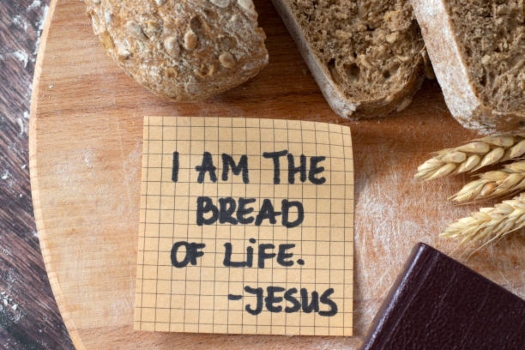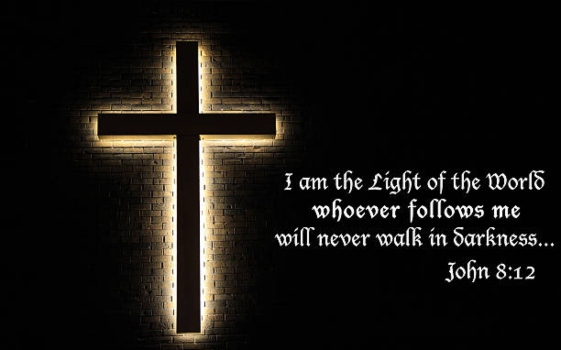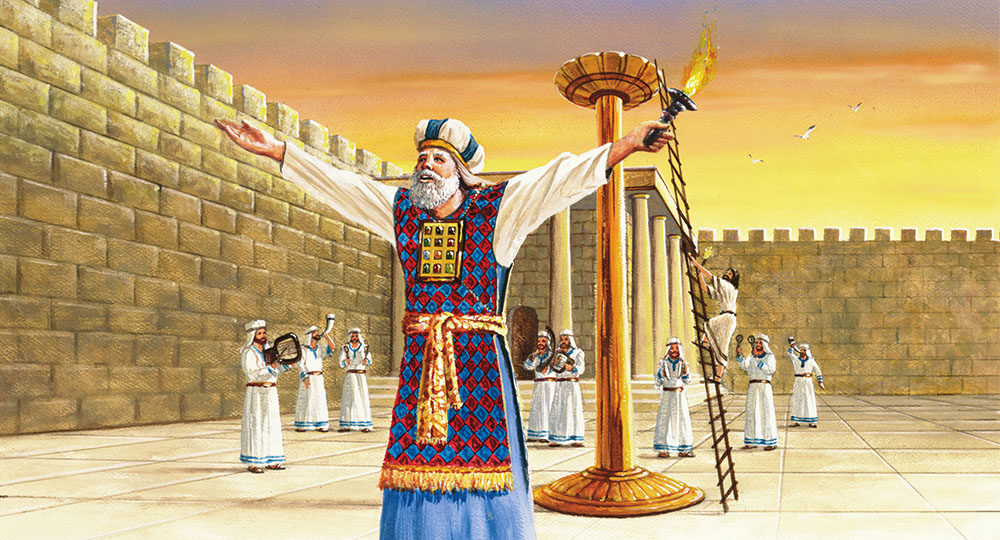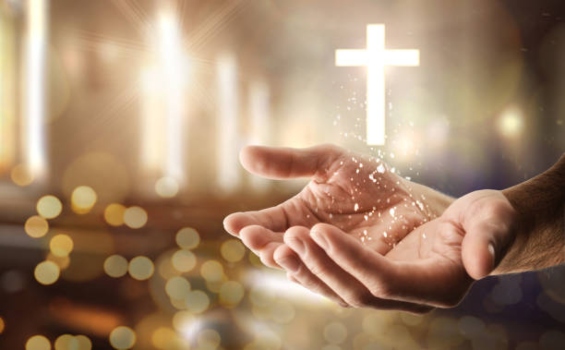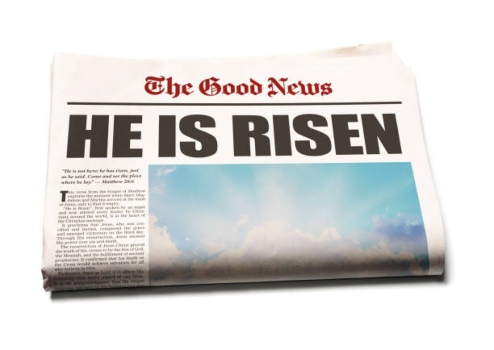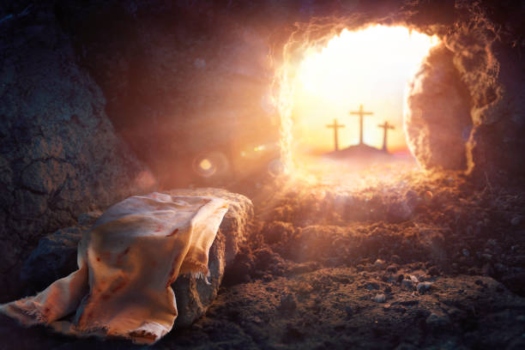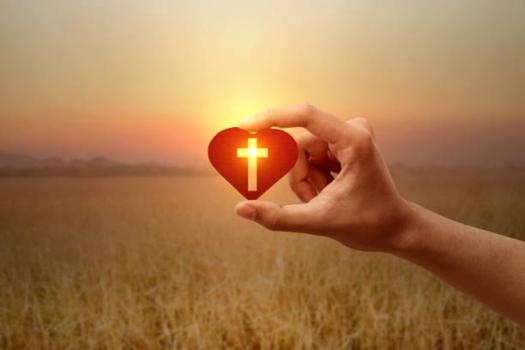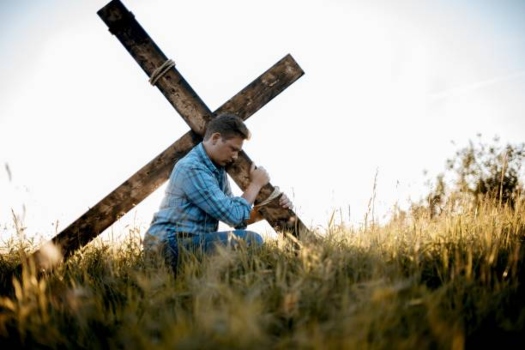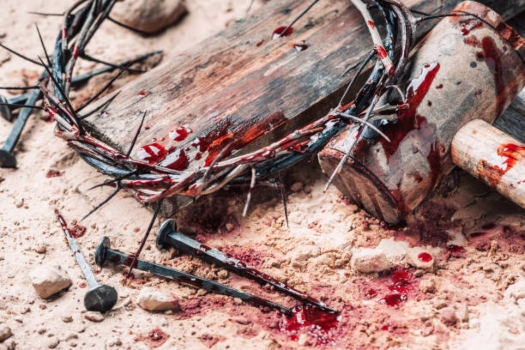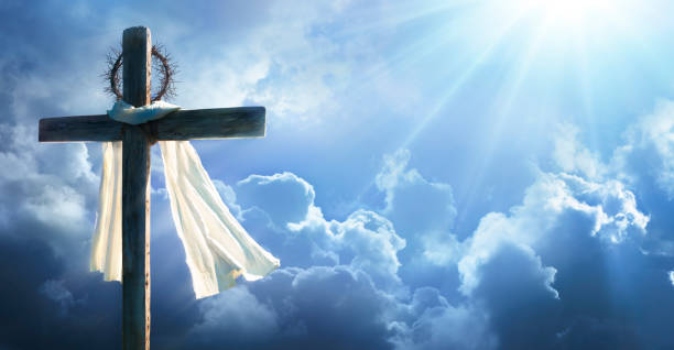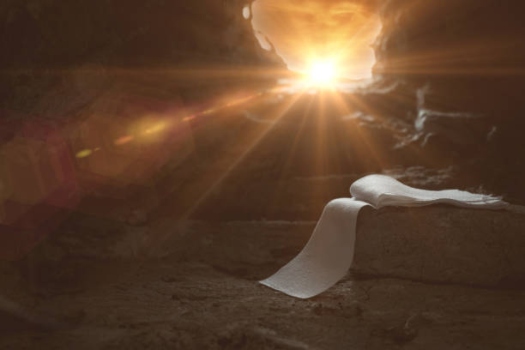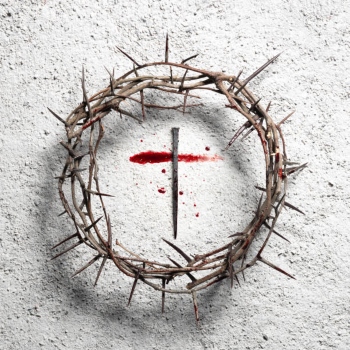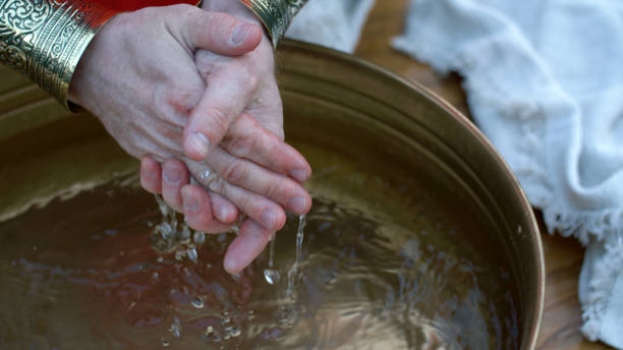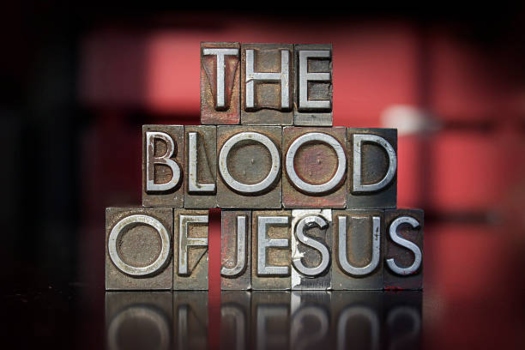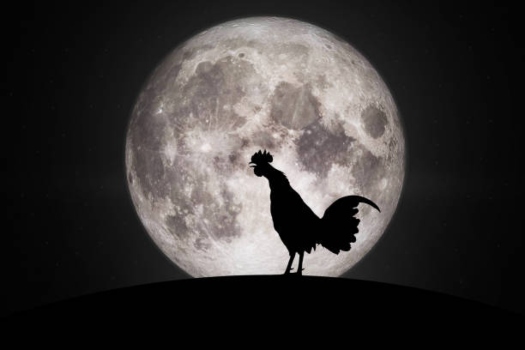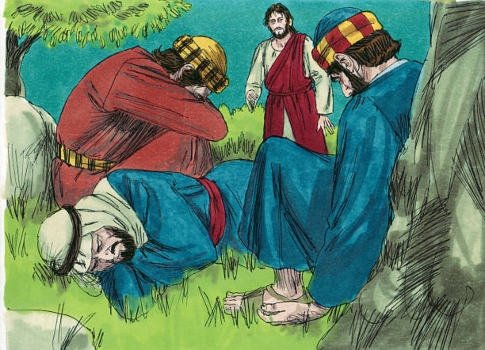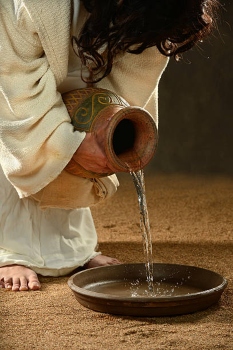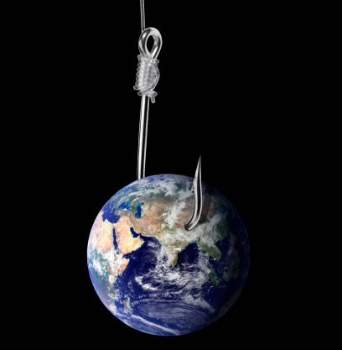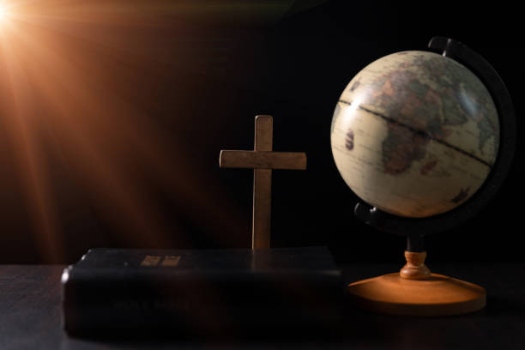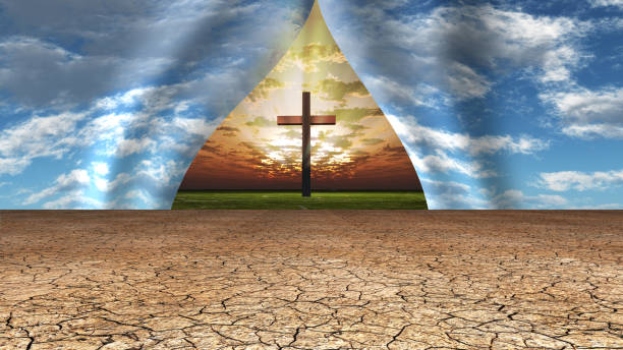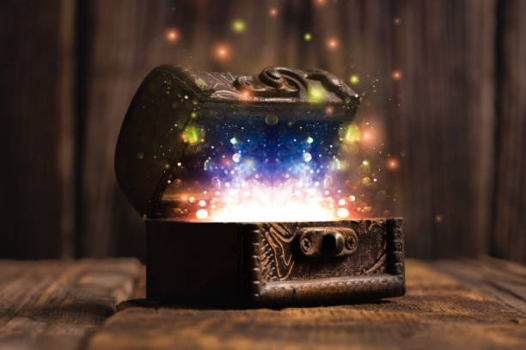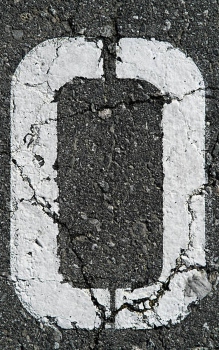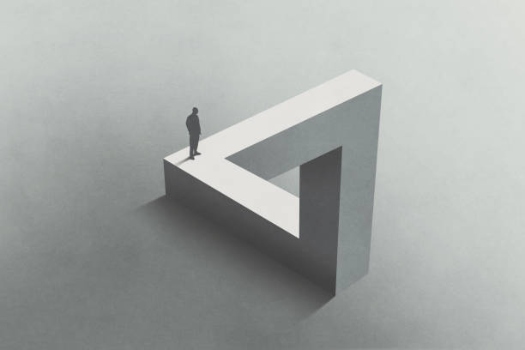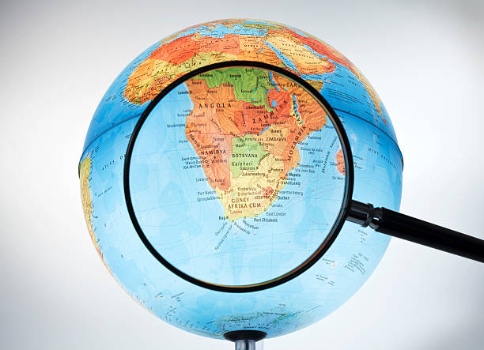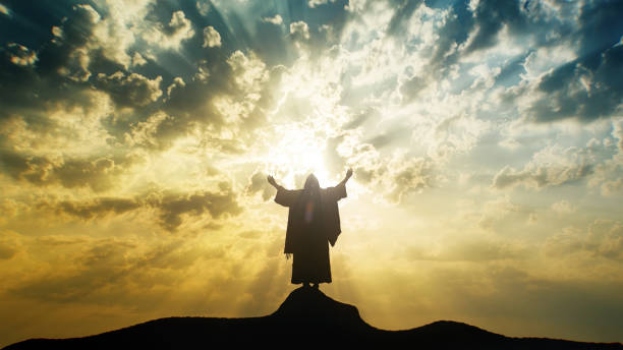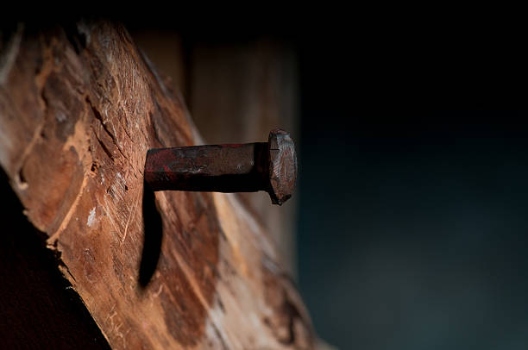Bread is Important to Sustaining Life
The Guinness World Record for the longest loaf of bread is 3,975 feet long and was baked for 59:30 hours. Starting on July 7th, 2005 at 8:00 PM and finishing on July 10th at 7:30 AM. It takes 9 minutes for a combine to harvest enough wheat to make 70 loaves of bread. France bakes around 6,000 baguettes per year. There are a lot of different kinds of bread. On average, each American consumes approximately 53 pounds of bread annually. Germany consumes the most bread per capita.
Bread is an important part of almost every culture. Breaking bread together and sharing a meal is one of the best ways for fellowship. We are all so busy, but we need to slow down periodically to eat. Sharing a meal is a great opportunity to connect with others.

In John 6:1-15, a large crowd of people was following Jesus because they had previously witnessed Him miraculously healing the sick. He then fed thousands of people with 5 loaves and 2 fish with 12 baskets left over. Another miracle.
This was at the time of the Passover, which involved unleavened bread to commemorate when the Jews left Egypt and didn’t have time to wait for bread to rise. This included removing all yeast from their homes.
Yeast is a microorganism used to make bread rise. A small amount will spread throughout the dough.
Like yeast, sin can spread through our lives.

While the Jews were in the wilderness they received manna daily. This was their daily allotment of bread. They were told to only collect what they needed for each day, but some gathered more than they needed. When they did this, it would spoil and go bad. This was to teach them to depend on God and not be greedy.
We need to trust God to provide and not be greedy.
After Jesus fed the thousands, He could tell that the people wanted Him to be their king and rescue them from their Roman oppression. So, he went away from the crowd, to be alone. (John 6:16-21)
While He was gone his disciples got in boats to cross the lake to Capernaum. He hadn’t shown up yet and the wind came up and blew the boats out into the lake. Then Jesus appeared, walking on the water as they reached the other shore. (John 6:16-21)
The next day the crowd realized that the disciples were gone, and Jesus hadn’t been in the boat when they left. When they couldn’t find Jesus or His disciples they went across to Capernaum looking for them. (John 6:22-24)
When they found Jesus on the other side they had some questions for Him.
“When did You get here?”
He answered them, “I assure you that you are looking for me not because you saw miraculous signs but because you ate all the food you wanted. Don’t work for the food that doesn’t last but for the food that endures for eternal life, which the Human One will give you. God the Father has confirmed him as his agent to give life.” (John 6:25-27)

“What must we do to accomplish what God requires?”
“This is what God requires, that you believe in him whom God sent.” (John 6:29)
“What miracles are You going to perform? What will You do next? Our ancestors were given manna in the wilderness. It is written; He gave them bread from heaven to eat.”
“I assure you, it wasn’t Moses who gave the bread from heaven to you, but my Father gives you the true bread from heaven. The bread of God is the one who comes down from heaven and gives life to the world.” (John 6:32-33)
“How can we have this bread always?”
“I am the bread of life. Whoever comes to me will never go hungry, and whoever believes in me will never be thirsty.” (John 6:35)
The people wanted Jesus to solve all their problems. They were impatient and didn’t like Jesus’ answers. They were looking for worldly fulfillment.
Belief is more than explanation. It requires faith.
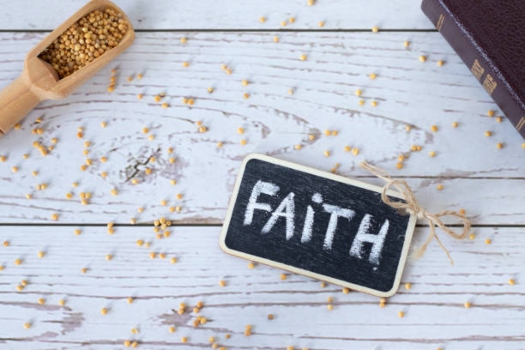
Like yeast can permeate dough, sin can take over our lives.
Don’t let it.
We are given what we need every day if we just look up and pay attention. We need to be careful not to become overly expectant and greedy in our expectations.
Jesus is the bread of life every day.

